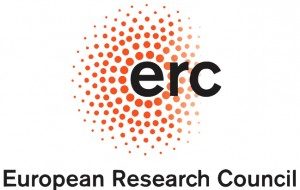Présentation
Prokaryotes evolve rapidly new functionalities by horizontal gene transfer delivered by mobile genetic elements (MGE). MGE increase relatedness between individuals and thereby might also promote the establishment of microbial social networks. Many studies have detailed the dynamics of specific systems in specific MGE. Yet, how MGE key and accessory functions evolve as a whole at the face of social dilemmas arising in microbial communities is largely ignored. Here, I aim at an integrative identification and analysis of self-mobilizable elements to unravel an evolutionary framework of MGE contributions to prokaryotic evolution.
We will use sequence similarity, phylogeny and population genetics techniques to detail how elements propagate and are maintained in populations. We will investigate how accessory functions work together in relation to interactions between MGE and of MGE with the host. We will then quantify the long-term impact of MGE to the gene repertoires of prokaryotes by analysis of the patterns of their degradation and/or domestication using regulatory networks and population genetics. The analysis of secretion systems and effectors in mobile elements will enlighten the role of gene mobility in promoting social behaviours thorugh production of public goods. The previous results will then be used to query metagenomics datasets about the roles of gene mobility and secretion in the social evolution of natural microbial populations.
This work will pioneer the application of theoretical works in population genetics and social evolution to the study of natural microbial communities by way of evolutionary genomics. Its integrative outlook will also provide essential breakthroughs in the understanding of the evolutionary history of mechanisms of gene mobility, such as conjugation. Finally, this project will pinpoint how manipulation of MGE might allows control of virulence, antibiotic resistance and other phenomena related with microbial social interactions.
For more information: http://cordis.europa.eu/project/rcn/103959_en.html





